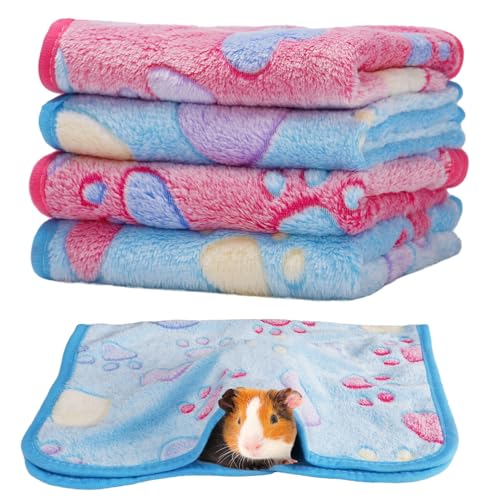Riven
Bad Chin
Some may remember that later last summer we took in a horse, Julie.
She was a bit thin, we put her on senior feed, had her feet done, and her teeth done, she was sensitive on one side, but the vet did the best should could without sedation ( because we were a little worried about her weight and sedation).
Winter set in, and I really have only myself to blame, but she lost more weight before I realized it. She's not what I'd consider excessively under-weight.
She is 24 yrs old, so not what I consider an "OLD" horse, but is up there in years. From watching her eat, I think she has a bad tooth perhaps? She is in the pen by herself now, with free access to grass hay, and I've been giving her a 2 gallon bucket of alfalfa pellet/ beet pulp pellet mix, soaked in water ( it's about 2 gallons after being soaked) with a scoop of feed in the morning and evening, as well as a scoop of supplement, yes chin supplement, about noon. ( barley, flax, sunflower seeds, manna, bran, etc ).
I'm hoping to pack enough weight on to get her mouth looked at.
She is also blanketed as the weather is bad and I figure she needs all the help she can get, and if it helps keep her warmth in good. It is not a winter blanket, it's a medium weight blanket.
Any suggestions at all? My mom thinks I should put her down, my husband thinks we can get her through... She has been wormed on schedule since I've gotten her.
One other concern I have/had was her urine seems very orange, but I did read that this is common in the snow due to basically oxidation. I saw her peeing the other day and it was dark coming out, but not as dark as it looks in the snow.
She has free access to clean water out of a tank with a heater, so it's never frozen over.
Any thing?
She was a bit thin, we put her on senior feed, had her feet done, and her teeth done, she was sensitive on one side, but the vet did the best should could without sedation ( because we were a little worried about her weight and sedation).
Winter set in, and I really have only myself to blame, but she lost more weight before I realized it. She's not what I'd consider excessively under-weight.
She is 24 yrs old, so not what I consider an "OLD" horse, but is up there in years. From watching her eat, I think she has a bad tooth perhaps? She is in the pen by herself now, with free access to grass hay, and I've been giving her a 2 gallon bucket of alfalfa pellet/ beet pulp pellet mix, soaked in water ( it's about 2 gallons after being soaked) with a scoop of feed in the morning and evening, as well as a scoop of supplement, yes chin supplement, about noon. ( barley, flax, sunflower seeds, manna, bran, etc ).
I'm hoping to pack enough weight on to get her mouth looked at.
She is also blanketed as the weather is bad and I figure she needs all the help she can get, and if it helps keep her warmth in good. It is not a winter blanket, it's a medium weight blanket.
Any suggestions at all? My mom thinks I should put her down, my husband thinks we can get her through... She has been wormed on schedule since I've gotten her.
One other concern I have/had was her urine seems very orange, but I did read that this is common in the snow due to basically oxidation. I saw her peeing the other day and it was dark coming out, but not as dark as it looks in the snow.
She has free access to clean water out of a tank with a heater, so it's never frozen over.
Any thing?





















































